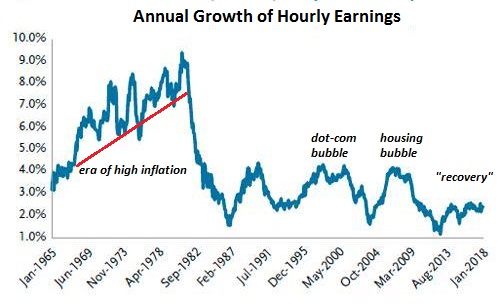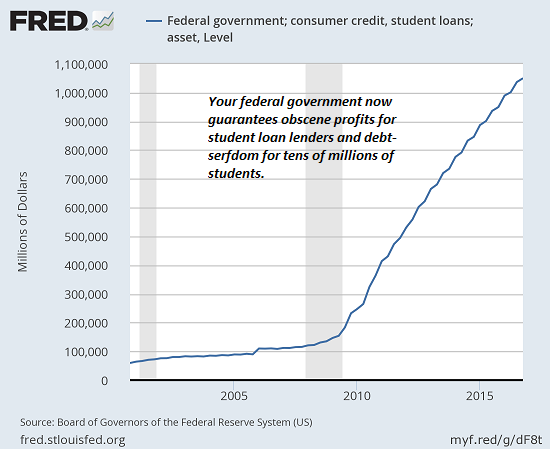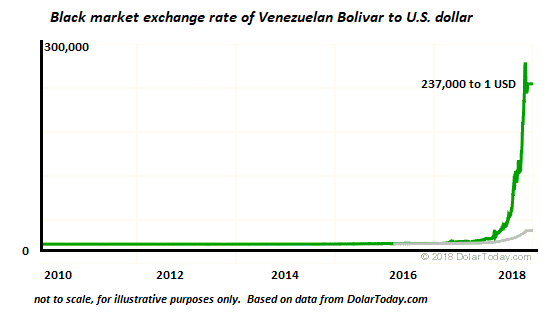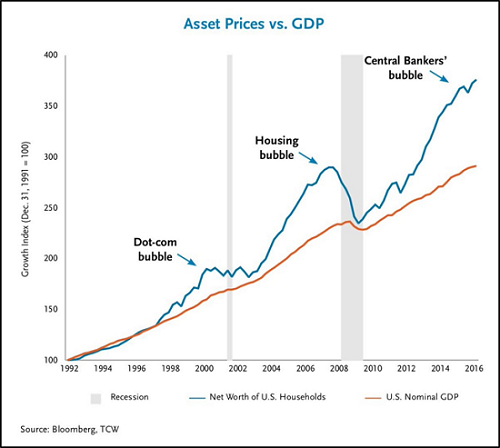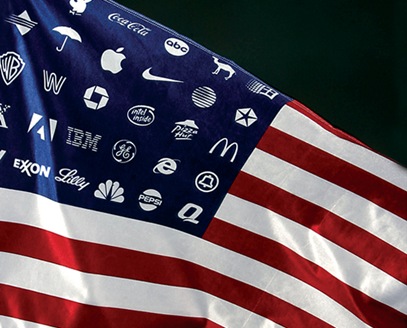Finding work that fits who you are is rarely easy, especially if you don't fit into the mainstream, and usually it requires a lot of compromises, hard work and dead-ends. But that’s the process.
Establishing a satisfying career is difficult in today's economy, doubly so for those who find life within hierarchical institutions (corporate America and government) unrewarding, and triply so for those burdened with student loan debt and college educations/diplomas of uncertain market value or those re-entering the job market with skills that have been marginalized.
Here is my response to a recent email from a 20-something in a familiar place:burdened with student loan debt, aware that the self-serving institutional shuck-and-jive is false (get a college degree and your future is secure), and uncertain how to proceed.
Here is my correspondent's email:
I wish my faith in our conventional institutions had faded sooner, but I borrowed a lot of money in my early 20s only to find out that most of what I was learning was utterly useless.
But I can't go back. Only forward. So with thousands of dollars in debt aside, and limited experience in the professional world (food service, retail, and industrial construction), where in the hell can I start? I get a lot of the concepts you are proposing. I get the need to create value for people. I've just never really seen it done in a "professional" environment. I've scrubbed floors, calibrated thermometers, bent tubing and made coffee. But intellectually this is obviously not satisfying.
I want to create value, I want to solve problems. Not just for altruistic reasons, but because it is the only thing that seems challenging.
So what would you tell a late 20 something, who's not used to wearing a suit and tie, starting from the bottom, with the intellectual capacity to do more than scrub floors? Because I guarantee you... there are plenty of us waiting in the shadows to exercise our inalienable human right to achievement, collaboration, and freedom.
A lot of us just resent the monstrosity that centralized thinking has created. But we need to put that bitterness aside and come out of the shadows to contribute.
Extremely well said. Here is my response:
You’re right--there’s often very little value created in “professional” environments, which is partly why so many people are dissatisfied/frustrated with their jobs/ work life.
1. Lower your cost basis (cost of living) so you can live a satisfying life while earning comparatively little money. This starts with the usual drill: cook all your own food, waste nothing, etc. The first bit of advice a successful artist tells people is “get accustomed to poverty.” But low income doesn’t have to mean unhappiness/destitution.
Focus on the highest expenses where you have the most leverage, which is often housing. How can you create value? Lots of small apartment owners can’t find anyone responsible to maintain their building, so becoming that person could drop your rent a lot. Another possibility is rent a house and then rent rooms to responsible people at rates that lower your share of the rent to very low rates. You’re in charge, you keep the place tidy, you select nice, responsible people to share the house and that’s why people will pay to rent rooms in your house. You’re creating value by taking care of all the stuff most people won’t do or can’t do.
2. Find ways to get satisfaction/meaning /purpose in life regardless of the income generated. This could be a community garden, volunteering at a church or school, or pursuing some project of your own that doesn’t rely on others’ approval or money for its success. If “work” isn’t satisfying, at least you have multiple sources of satisfaction/purpose outside of work.
3. As for work, the cliché is, find an endeavor that you would do for fun or after hours regardless of the pay. This “work” will align with your character, aptitudes, interests, strengths and subconscious/unconscious drives. As Carl Jung observed, “Until you make the unconscious conscious, it will direct your life and you will call it fate.”
And as Jerry Garcia said, "You do not merely want to be considered just the best of the best. You want to be considered the only one who does what you do.”
Finding work that fits who you are is rarely easy, especially if you don't fit into the mainstream, and usually it requires a lot of compromises, hard work and dead-ends. But that’s the process.
4. Trust your network. I’m not good at networking, far from it, but the more people who know you’re a responsible hard-working person who will do what you say you’ll do, and the more people who know your interests, the greater the chances that somebody will offer you some apparently tiny opportunity that might turn into something larger with time.
5. As Drew Sample points out in our recent podcast, sometimes the best way to create value is to work on ourselves, i.e. develop the eight soft skills I list in my book that are applicable to every field of endeavor and are thus always in demand. They require dedication, self-awareness, humility and hard work to acquire. They create value in every field because all fields are now collaborative, networked, global and fast-changing.
6. Set a goal of creating multiple income streams/ways of creating value for others. In terms of living an anti-fragile, fulfilling and relatively resilient life, the ideal arrangement is multiple income streams/value creation in disparate (unrelated) fields, so if one field of endeavor is disrupted then others will still continue since they're not connected to the sector that's been overturned by technological innovation, globalization, etc.
This is what I call the Mobile Creative class--not necessarily mobile in terms of physical movement between locales but mobile between sectors and ways of generating value.
To be honest, I’ve struggled for decades to reach this understanding. I didn’t have any mentors, so I had to mentor myself, which given my lack of experience, was difficult. Sometimes we have to mentor ourselves from the perspective that we’re going to become successful at being ourselves and adding value, regardless of our income. As our own mentor, we seek to advise and encourage ourselves just as we would advise and encourage a close friend.
This advice is not age-specific. The Mobile Creative approach to creating value applies equally to people in their 30s, 40s, 50s, 60s and yes 70s.
NOTE: Contributions/subscriptions are acknowledged in the order received. Your name and email remain confidential and will not be given to any other individual, company or agency.
Thank you, Douglas H ($5/month), for your marvelously generous pledge to this site -- I am greatly honored by your support and readership.
| |
Thank you, Dirk S. ($5/month), for your splendidly generous pledge to this site -- I am greatly honored by your support and readership.
|
Read more...
